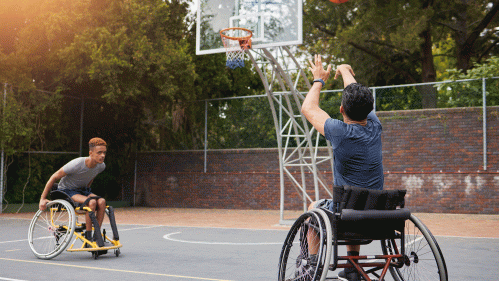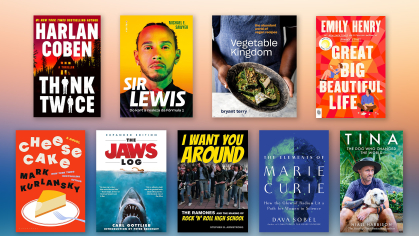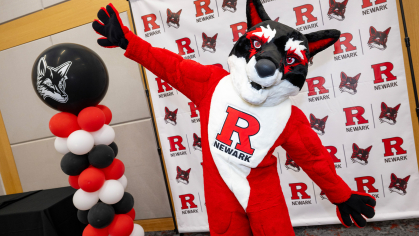Rutgers Celebrates Disability Awareness Month

Rutgers–New Brunswick aims to recognize, raise awareness and learn about disabilities and the disability community
During Disability Awareness Month, Rutgers is presenting opportunities to learn from individuals with disabilities about inclusion, bias, challenges and successes.
Javier Robles, director of the Center for Disability Sports, Health and Wellness and co-chair of the Rutgers University Disability Studies committee, discussed this initiative to evoke change.
What is the importance of Rutgers raising awareness about disabilities?
Rutgers is a place of diversity, learning and problem-solving. Rutgers Disability Awareness Month is an opportunity to continue our search for understanding and education about people with disabilities both on and off campus.
One in four people in the United States – and 23 percent of people in the state – has a disability. The goal is to raise the awareness of our students, faculty and staff as well as the broader New Jersey community to see the systemic and social barriers that continue to disadvantage people with disabilities.
Everyone knows someone with a disability, whether it is apparent, such as someone in a wheelchair, or “invisible,” like a mental health diagnosis. The challenges and solutions facing this community are as individual as fingerprints and can be simple or very complex.
Like many populations, people with disabilities need systemic solutions to eliminate discrimination, poverty, access to health care, empowerment and education. The social barriers can only be addressed by creating a culture where disability is not a “problem” or deficit but rather a natural part of our society that can be addressed and improved by providing an accessible and inclusive environment for all.
What events are planned to help the university work toward building a more inclusive community?
The Rutgers Disability Awareness Month is devoted to ensuring that the work of community building and education on these systemic and social barriers are discussed openly. The workshops, panels, programs and hands-on activities offer students, faculty and staff the education and insight needed to understand issues from the perspective of those with lived experience.
The recent Rutgers Report on Diversity Equity and Inclusion points to some of the challenges the university has yet to address regarding people with disabilities. We need to increase the number of students with disabilities, faculty and staff with disabilities and implement a program that collects data more uniformly. The issue of representation of people with disabilities at the university is not only systemic but mirrors society.
Discuss the creation of Rutgers’ new Disability Studies Minor
The new 18-credit Disability Studies minor at the Edward J. Bloustein School of Planning and Public Policy was developed over eight years by a committee that included people with disabilities, faculty, staff, students and community members. Students will take classes, work in the field, complete independent studies and participate in programs that will equip them to work with and be allies of the community.
This minor’s interdisciplinary and interdepartmental nature means that any student from any school or program can participate. We have been fortunate to have had the support of Chancellor Francine Conway and Carolyn Moehling, Vice Provost of Undergraduate Education, to make this minor a reality.
What are your center’s next initiatives to help students with disabilities achieve success?
While the university has had many successes, there are areas that still need work. The Rutgers–New Brunswick Academic Master Plan and the Report on Diversity, Equity and Inclusion outlines the greatness of our diversity and provides opportunities for us to work on issues such as disability inclusion and participation.
As the Robert Wood Johnson Foundation notes, this is not about treating everyone equally: It is about treating everyone equitably. We must serve our students, faculty, staff and community where they live, work and play. In addition, we must think through the needs of our community so that we can provide the tools to make our members successful.
The Center for Disability Sports, Health and Wellness in the Department of Kinesiology and Health developed programs like Disability Awareness Month. In addition to the disability studies committee and the accessible garden initiative, students from a number of departments have worked with us on issues of equity and inclusion for people with disabilities.
There still is much work to be done. We must take the next step of looking at a university-wide program for adaptive sports and inclusive athletics.


